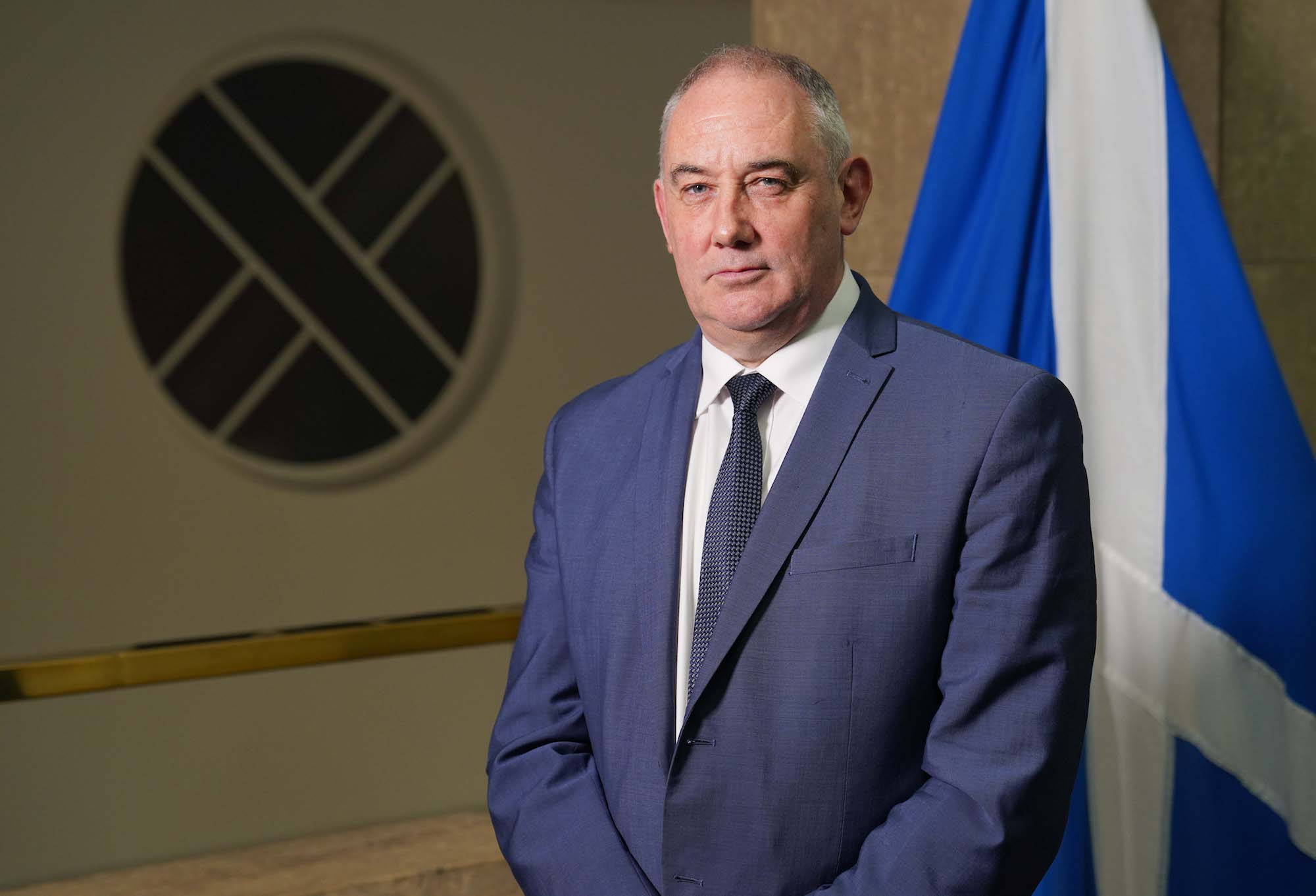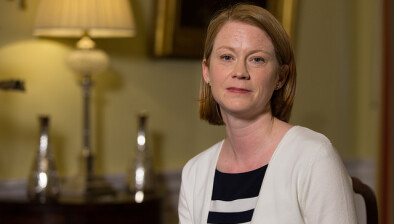Affordable homes investment ‘can tackle Scotland’s housing emergency’, says McLennan

Housing minister Paul McLennan
Housing minister Paul McLennan visited an affordable housing development in East Lothian yesterday to highlight plans in the draft Budget for next year to increase funding for the Affordable Housing Supply Programme.
The investment could see the total budget for delivering affordable homes rise to £768 million in 2025-26 – an increase of more than £200m compared to this year’s published budget.
Other measures in the Scottish Government’s draft Budget aimed at tackling the housing emergency include £4m to support local authorities and frontline services to prevent homelessness and £2m to transform empty properties into affordable homes.
In addition, £1m for registered social landlords and third sector partners will be available this year to fund work to help sustain tenancies and prevent homelessness.
Speaking during his visit to the development in Haddington, housing minister Paul McLennan said: “Investing in safe, warm and affordable homes is key to our top priority to tackle child poverty.
“We already have a strong track record in affordable housing, having supported the delivery of 133,000 affordable homes since 2007 – this includes our £2.9m investment in the development at Haddington. That’s 45% more per head of the population than in England and 70% more than in Wales.
“By increasing the affordable housing supply budget in 2025-26 by more than £200m, housing providers will be able to deliver at least 8,000 properties for social and mid-market rent and low-cost home ownership.”
Councillor Andy Forrest, East Lothian Council spokesperson for Housing, said: “It was really useful to welcome the Minister to Haddington this morning to discuss East Lothian’s recently announced affordable housing crisis and to emphasise the need for clarity as soon as possible on what our settlement will be so that we can continue to sustain our hugely important future housing programme. We welcome the announcement of more subsidy funding for affordable housing and any additional revenue for frontline services to help prevent homelessness.”









